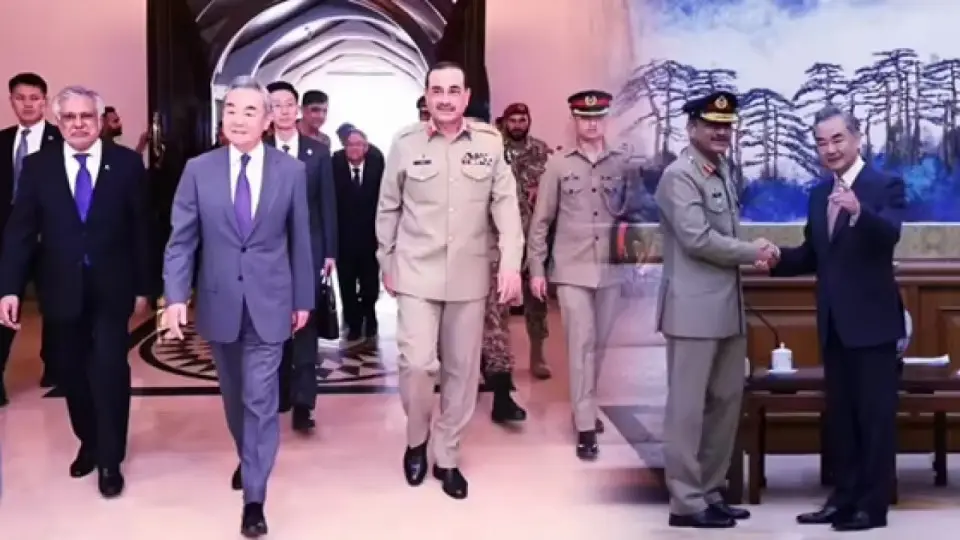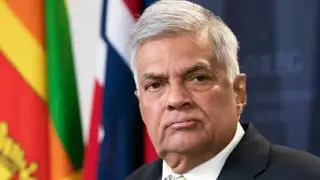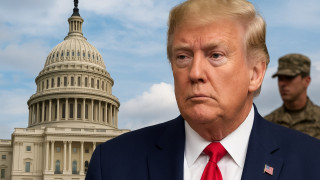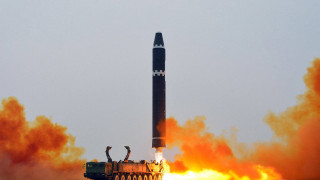
Wang Yi Meets Pakistan Army Chief Munir: (Social Media)
International News: Chinese Foreign Minister Wang Yi is on a key South Asian visit, making stops in India, Afghanistan, and Pakistan. After completing his engagements in New Delhi and Kabul, Wang Yi arrived in Islamabad, where he held a significant high-level meeting with Pakistan’s Army Chief, General Asim Munir. This interaction highlights Beijing’s growing acknowledgment of the decisive role of the Pakistan Army in the country’s political and strategic affairs. Analysts believe this meeting is not merely symbolic but part of a broader strategic alignment that could have serious implications for India.
According to diplomatic sources, discussions between Wang Yi and General Munir placed special emphasis on Afghanistan and India. Observers interpret this as part of Beijing’s effort to strengthen a strategic counterweight against Western alliances and the US-backed Quad grouping in the Indo-Pacific region. By aligning closely with the Pakistani military leadership, China appears to be consolidating its position in South Asia at a time when India is emerging as a key partner for the Quad and Middle Eastern powers.
Wang Yi assured continued Chinese support to Pakistan, reaffirming Beijing’s long-standing partnership with Islamabad. However, intelligence circles in India see this move as concerning because the Chinese outreach seems to bypass Pakistan’s civilian institutions. The gesture further underlines the supremacy of the army in the nation’s governance and strategic decision-making, raising questions about Beijing’s intent to rely primarily on military channels for bilateral cooperation.
The meeting also stressed the need for joint action against terrorism. While this may appear as a cooperative security measure, experts warn that such framing could provide China with justification to expand its security presence in sensitive regions like Pakistan-occupied Kashmir (PoK) and Balochistan. Any deployment of Chinese security forces, possibly linked to the People’s Liberation Army (PLA), so close to the Indian border could escalate regional tensions and heighten New Delhi’s security anxieties.
For India, the Wang-Munir meeting is viewed as a calculated step to intensify China-Pakistan coordination against New Delhi’s growing influence. With India strengthening its partnerships through the Quad and engaging Middle Eastern allies, Beijing’s alignment with Rawalpindi is seen as a direct countermove. Analysts warn that this development could further polarize the region and complicate India’s strategic environment.
Later, after his discussions with Pakistan’s Foreign Minister Ishaq Dar, Wang Yi reiterated that China and Pakistan share a “bond of trust and loyalty.” He emphasized that the two nations remain steadfast friends in every circumstance, adding that Beijing’s supportive stance toward Islamabad will not change under any conditions.
This visit and the symbolic meeting with General Munir underline China’s intention to deepen its strategic footprint in Pakistan, a development that India will be monitoring with great caution.













Copyright © 2025 Top Indian News
